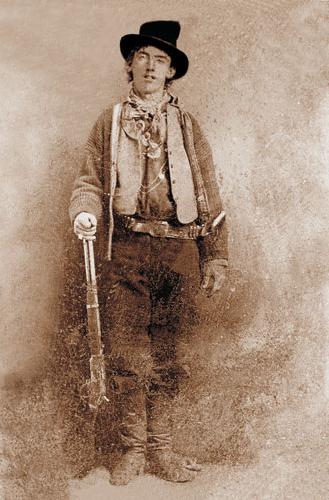"Bro! You totally Bro-minated that Tequilla, Broseph!"
Brocanto speakers in their native habitat?
Brocanto2 is an artificial language with only thirteen words that was used by the researchers to test their hypotheses. The advantage of artificial languages, which are similar to real languages but simpler, is two-fold: they can be mastered in only a few days or hours and none of the study participants will have had any prior experience or contact with them outside the lab.
 |
| Coming Soon- Rosetta Stone: Ork |
In the second part of the study, the researchers called the participants back after three to six months. Since Brocanto2 is an artificial language, none of them could have had any exposure to it in that time. Surprisingly, both the classroom taught and immersion group became more native-like processors than before, although their performance neither improved or worsened.
What have we learned from this study? First of all, it seems even the brains of adults can "consolidate" a foreign language over time, associating it with native language brain mechanisms. It also showed that an immersion learning environment accelerate the association of a foreign language with those mechanisms.
So, if I may be forgiven a quick slide down a slippery slope argument, it seems to me that the best way to learn a foreign language like a native would be to parachute over the country of your choice with no dictionaries, phrasebooks or grammars and just figure it out from there:
Probably NOT the most practical advice...
Want to learn more? You can read the entire article (which is open-access) here: Morgan-Short K, Finger I, Grey S, Ullman MT (2012) Second Language Processing Shows Increased Native-Like Neural Responses after Months of No Exposure. PLoS ONE 7(3).
Alternatively, there is an excellent summary for non-specialists over at Lab Spaces.










